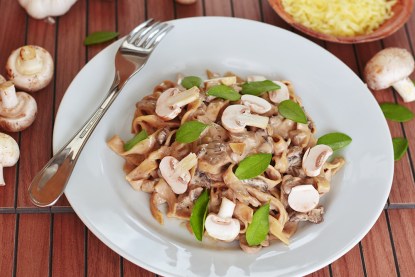Vitamin D is key for regulating calcium and phosphate levels, and therefore preventing the onset of musculoskeletal conditions. However, a lack of exposure to direct sunlight during the dark winter months can leave many UK adults struggling to get the NHS-recommended 10 microgrammes (mcg) a day.
In the absence of a winter trip to the sunny Caribbean, these foods – alongside a verified supplement – could be crucial for keeping deficiency at bay.
FOR CARNIVORES:
Oily fish When it comes to finding a good source of vitamin D, oily fish is the clear winner – a portion of grilled herring will provide almost double the recommended daily dose. If you’re in search of something slightly more low-key, look no further than grilled salmon – there’s roughly 13.3mcg of vitamin D in one 170g serving.

FOR THE VEGGIES: Eggs
Although it is generally well-known that the white of an egg is a great source of protein, the yolk is also nutritionally valuable, as it’s where fats, minerals and vitamins are found. To kick off your day with a 3.3mcg boost of vitamin D, have two scrambled eggs for breakfast – but taking a supplement is probably still wise.

FOR SOIL SUPPORTERS: Mushrooms
Leaving aside fortified foods, mushrooms are the only natural plant-based source of vitamin D. With their fleshy, skin-like texture, they are similar to humans in their ability to produce the vitamin when exposed to light – so consider popping your mushrooms on the windowsill for an hour before you tuck in.



